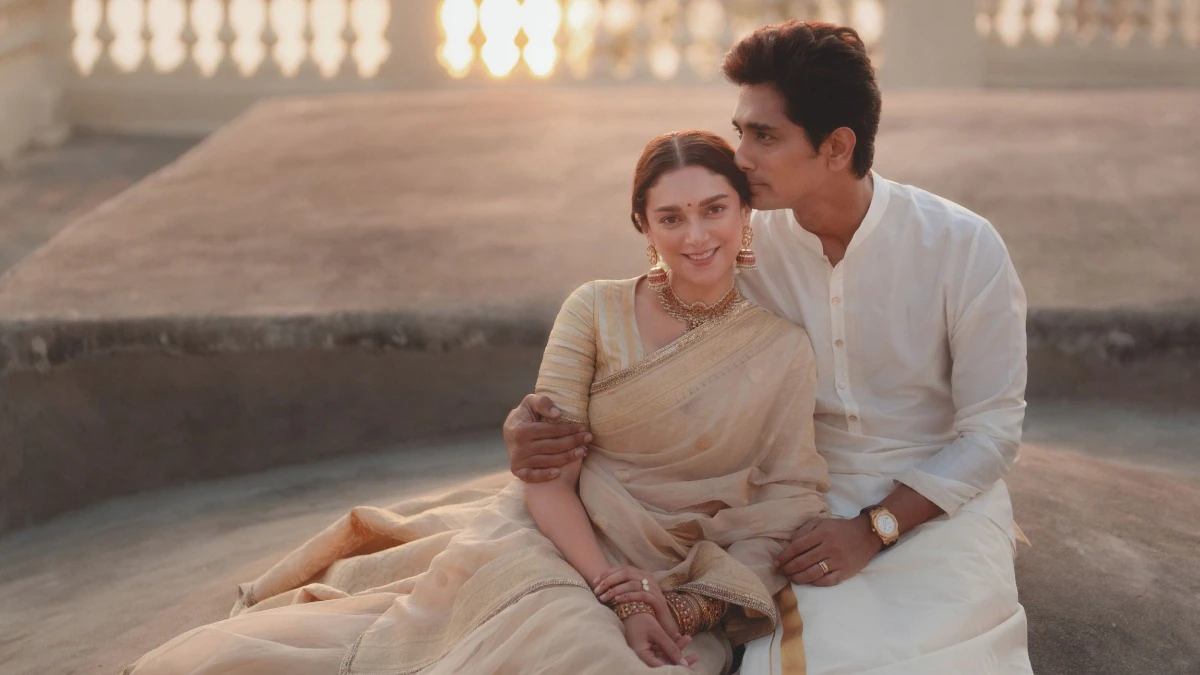There is a quite magic to love that finds us later, when we are older, wiser, perhaps bruised, but more deeply ourselves. It doesn’t arrive with fireworks or declarations scrawled across the sky, but with stillness and recognition. Second love knows that life has already been lived through; the missteps, the heartbreaks, the metamorphoses. It arrives not to dazzle, but to steady; not to complete but to accompany. It does not erase the past but holds it gently, saying: I see who you’ve been, and I want to walk with who you are.
And perhaps the most beautiful thing about this kind of love is its quiet confidence. It does not chase or demand, it simple arrives, takes a seat beside you and stays. It meets you not in the blush of becoming but in the clarity of being. It listens. It learns. It lingers. It asks not for perfection but for presence. And in a world so quick to glorify beginnings, second love teaches us that the middle, complicated, real, and deeply human, can be the most extraordinary chapter of all.
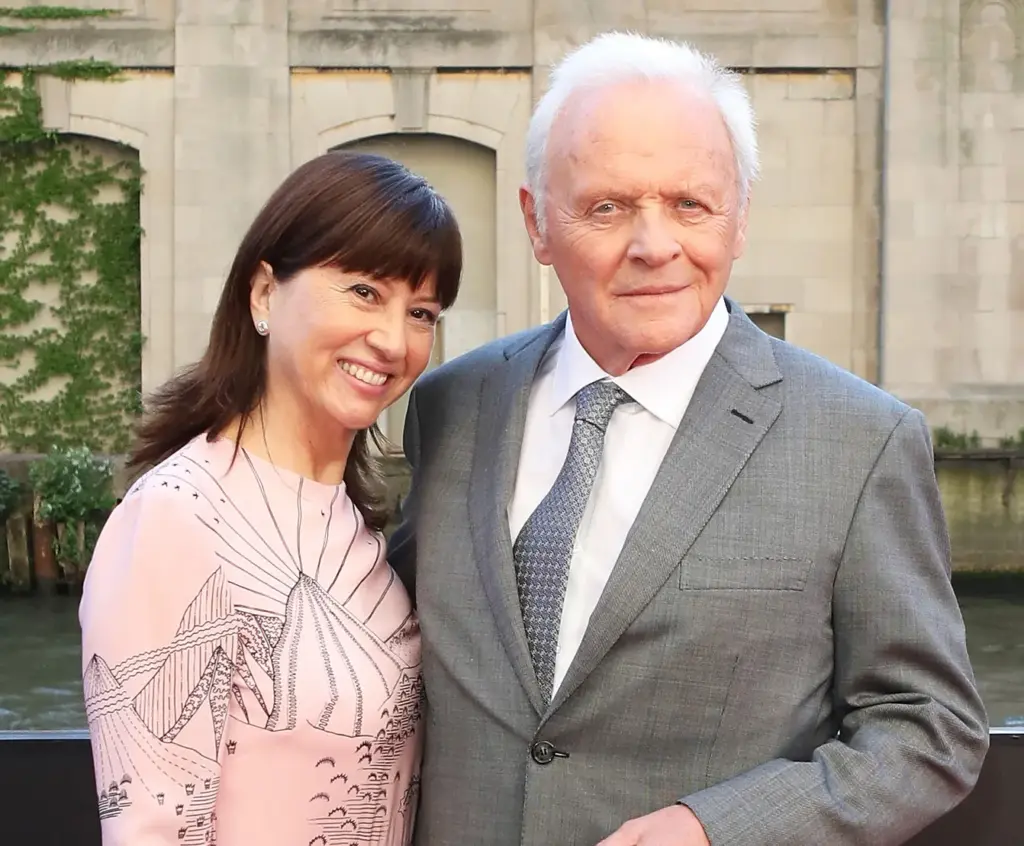
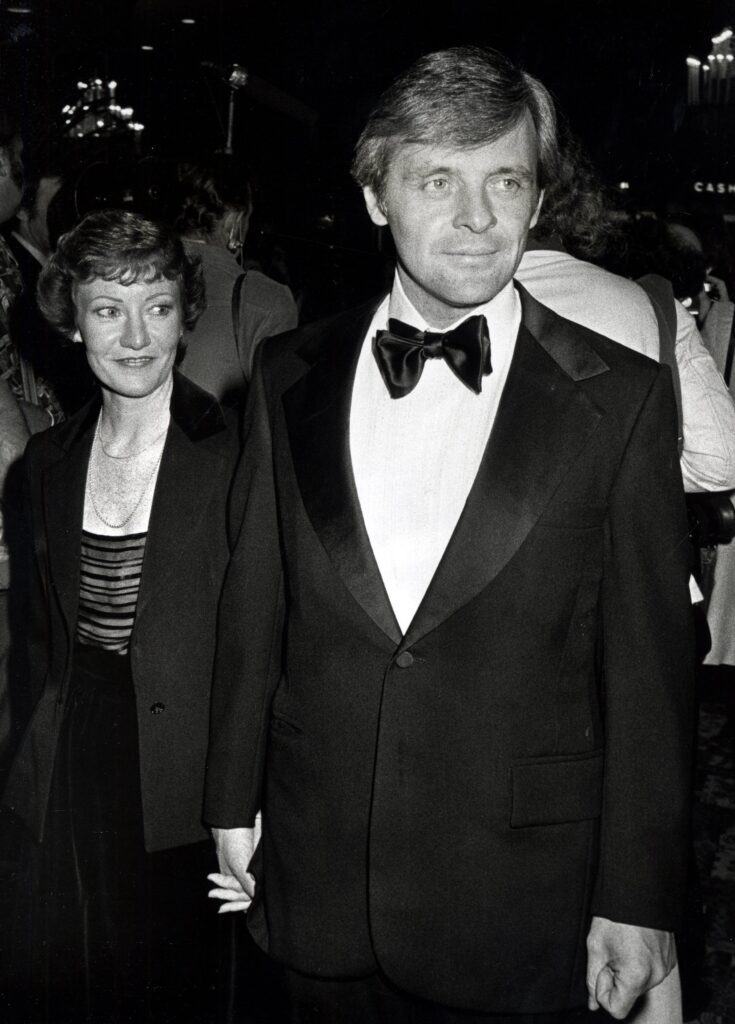
Sir Anthony Hopkins, whose storied life has been touched by loss and reinvention, once found himself in the quiet company of love again after the passing of his longtime wife, Jennifer Lynton. For decades, Jennifer had stood by him as he weathered the highs and lows of life and career. Her passing left a deep silence, but in time, love returned. He met Stella Arroyave, an antiques dealer from Colombia, and something shifted. “She met me when I was shut down,” Hopkins admitted in an interview. “She woke me up. She gave me a belief in myself.” Their love was not one of grand gestures but of simple, steady companionship, a deep peace born not from need but from understanding. Hopkins, who has played some of the most complex characters in cinema, found his greatest role in simply being loved for who he is, scars and all.
Some loves arrive when the heart is finally quiet enough to hear them and in that stillness, they bloom with breathtaking grace.
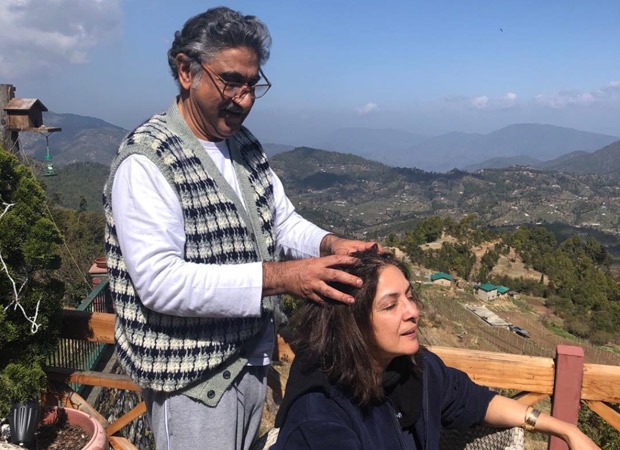
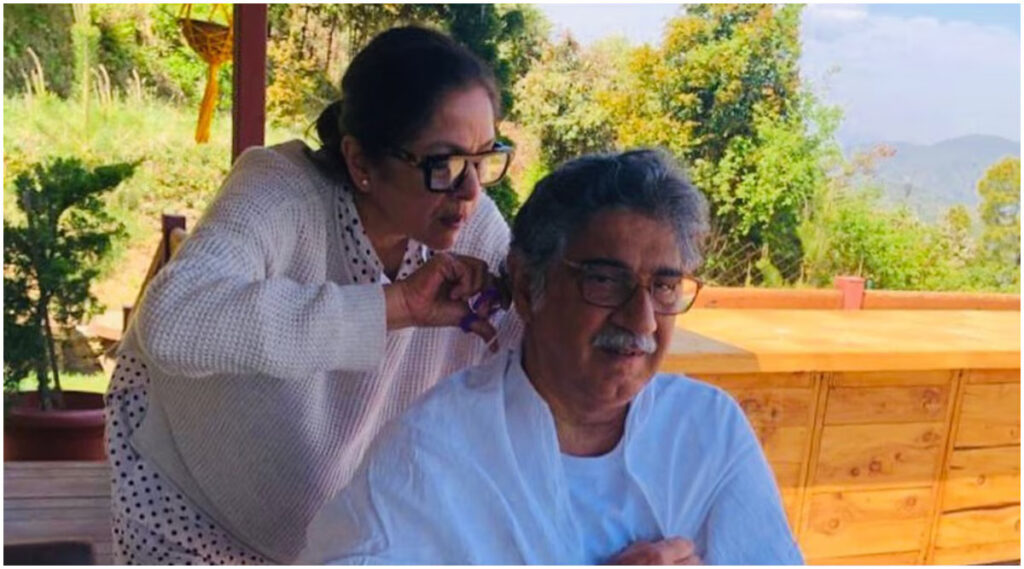
Neena Gupta’s story echoes with a fierce kind of softness. A life lived on her own terms, through choices few dared to make, choosing motherhood without marriage, navigating solitude in the public eye, and building a career against the tide. For years, she stood alone. And then, well into her fifties, love appeared and married Vivek Mehra, a Delhi-based chartered accountant who met her not as a damsel needing saving but as a woman who had already saved herself. “It’s not that I need him. I just want him around,” she once said, with a smile that held decades of strength. Their bond isn’t loud; it’s calm, grown-up, and gracious. And in that lies its power. She didn’t need a mirror to reflect her worth. She needed a window to share her view.
Because second love, at its finest, is not a rescue; it is a recognition. It is the gentle nod that says, I see how far you’ve come, I want to walk beside you from here.
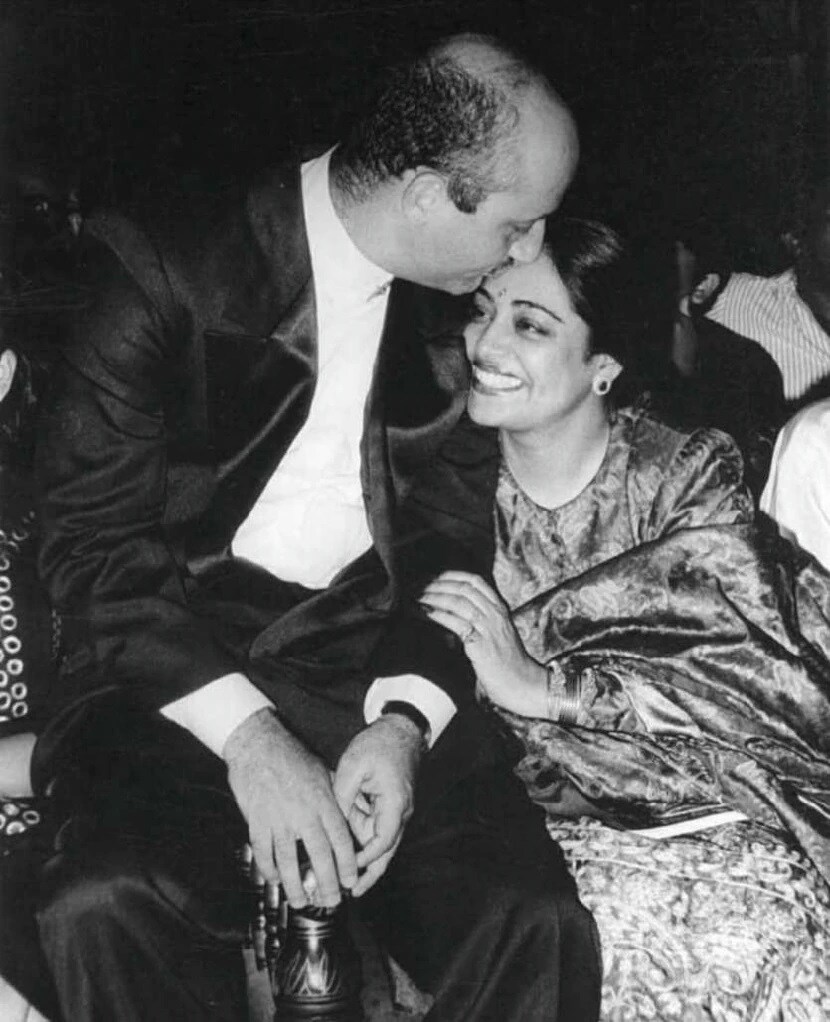
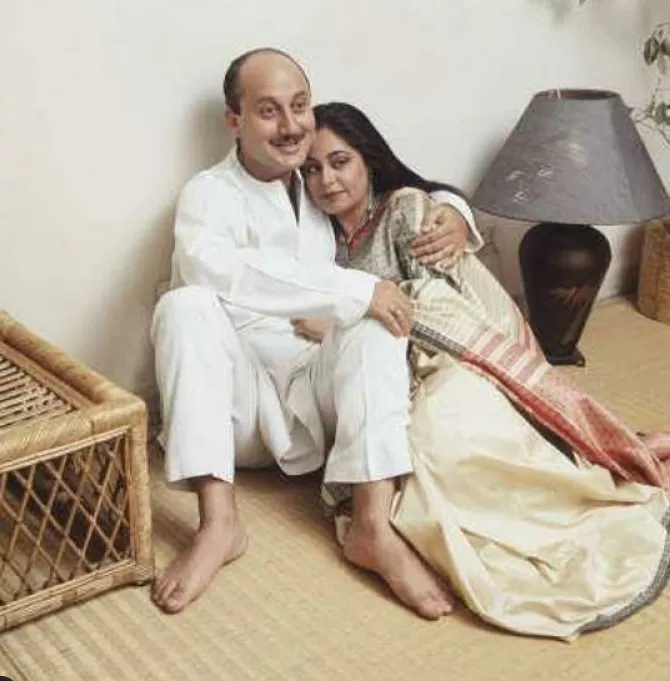
For Kirron and Anupam Kher, love wasn’t lightning. It was a lantern. Years of shared theatre, friendship, humour, and philosophy slowly stitched together something rare and enduring. Kirron had been married before; Anupam had navigated his own personal upheavals. They didn’t collide, they converged. They built something not on infatuation but on admiration. Anupam once shared, “She is my best friend, my biggest critic, and my strongest support.” And Kirron, in her usual grounded candour, said, “We are two people who are very different, and yet we fit.” Their story is proof that love doesn’t need to be performative to be profound. Sometimes, the slow burn is the one that keeps you warm for life. Love, in its second act, is often more about endurance than ecstasy. It’s the quiet decision to stay, to grow, to believe, again.

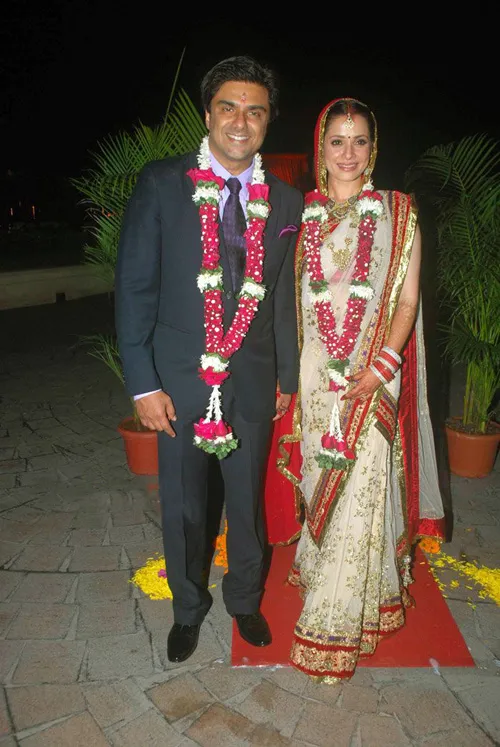
Neelam Kothari lived many lives before settling into the one she now shares with Samir Soni. A former Bollywood starlet, she stepped away from the arc lights to build a quieter life. By the time they met, both had experienced heartbreak, fame, and the fatigue of being misunderstood. “We were both damaged goods,” Samir once remarked with disarming honesty. But perhaps that’s what made them perfect for each other. Their union wasn’t built on illusion but on clarity. They knew what they didn’t want. And in that knowing, they found what they did, a life of peace, laughter, and shared silences. Their love didn’t explode. It settled. And sometimes, that’s the most cinematic thing of all. To settle is not to compromise — it’s to choose with intention. To say, I’ve seen chaos, and now I choose calm.
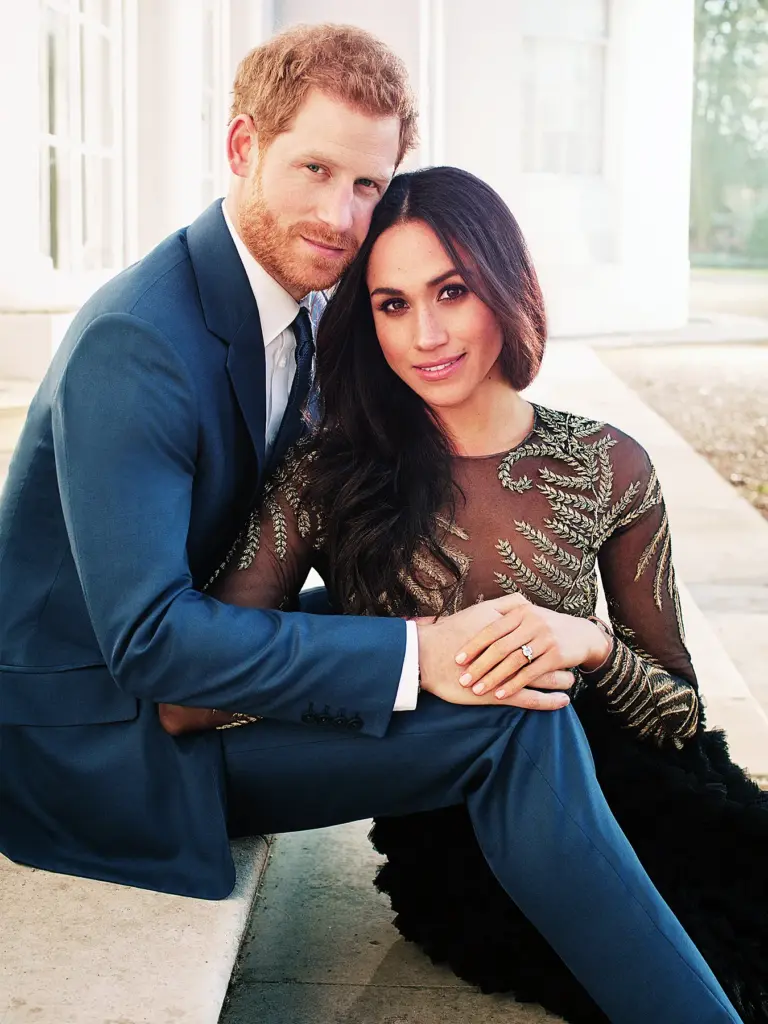
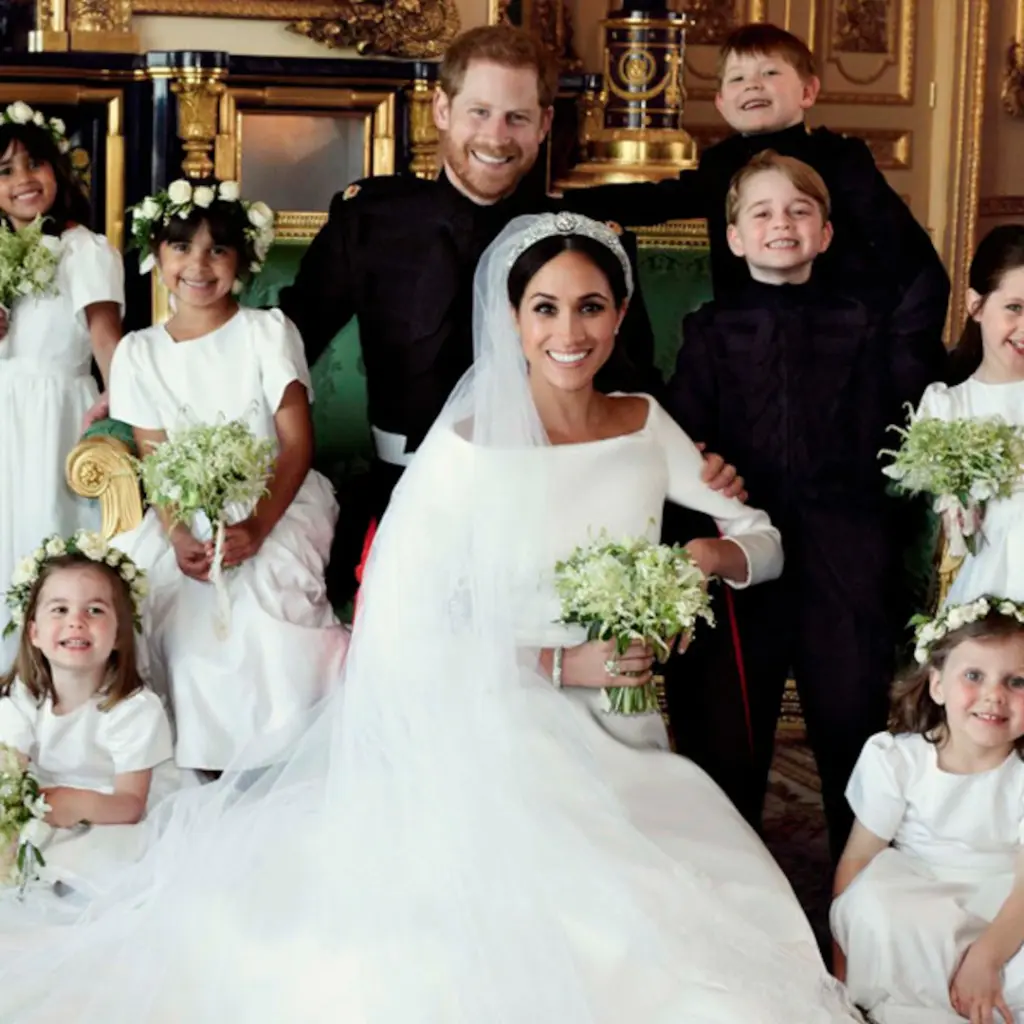
Meghan Markle’s journey to second love was not a quiet one, at least not in the eyes of the world. But peel away the spectacle, and there is something exquisitely tender beneath. Her first marriage ended quietly, without drama or bitterness. Her second, with Prince Harry, began under blinding scrutiny. Yet at the heart of it is a story about two people, each having lived separate lives of deep public pressure, finding refuge in each other. “We’re a team,” Meghan has said, simply but powerfully. And Harry, speaking of Meghan, once shared, “She’s not just my wife. She’s my soulmate.” Theirs is a modern romance, yes, but also an ancient one, rooted in recognition. She did not seek a prince to rescue her. She sought a partner to stand beside her. And she found him.
When second love arrives, it often looks like a partnership more than possession. And that is its truest strength.
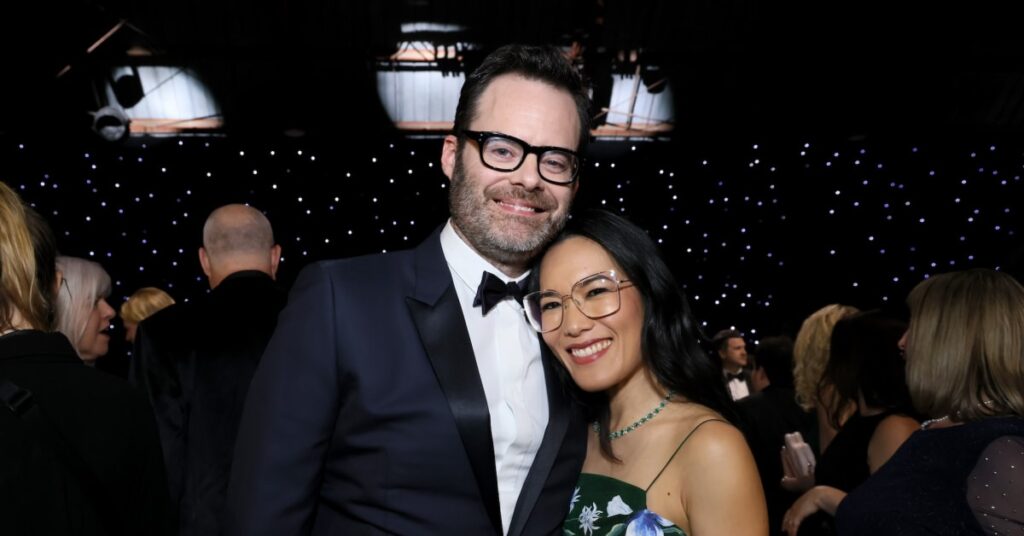
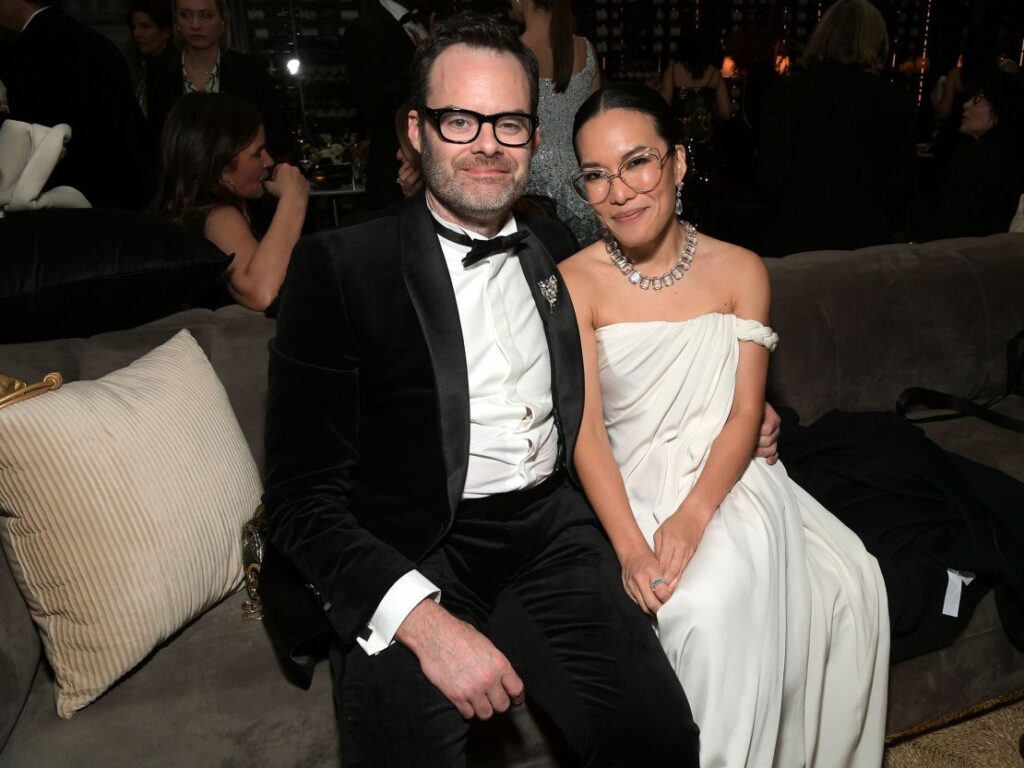
Ali Wong, celebrated for her unfiltered humour and razor-sharp honesty, walked through divorce with her characteristic mix of chaos and grace. Her comedy began to reflect a woman not broken by separation but reborn by it. In 2023, she confirmed she was dating fellow comedian Bill Hader, whom she had dated briefly before. Their reconnection wasn’t sensational; it was sweet, grounded, and full of laughter. Bill, in an interview, admitted, “She’s very, very funny… and she’s very kind.” And Ali? She’s spoken of how dating again felt like stepping into her own joy, no longer trying to prove or fix but simply to be. Her journey reminds us that second love doesn’t always come dressed in solemnity. Sometimes, it arrives with a punchline and a kiss. To rediscover love after loss is brave. To approach it with humour and hope is transcendent.
Second love might not come wrapped in the dazzle of youthful innocence, it comes wrapped in experience. It does not sell to complete your life, only to accompany it. And maybe that is the most beautiful thing of all, to be chosen not when you’re shiny and new, but when you’re worn-in, withered, and wise. We spend so much time celebrating the firsts: the first glance, the first kiss, the first promise. But there is something quietly radical about a love that arrives not in the spring of our lives, but in the autumn. A love that does not rush but rests, that does not demand but delights and that sees us not as a project but as a person. Second love is not an encore, it is a whole new song, written in deeper key, sung with a fuller voice, and danced to with steadier feet.
Because second love is not just possible, it is often deeper and more deliberate, less noisy and infinitely more real.



